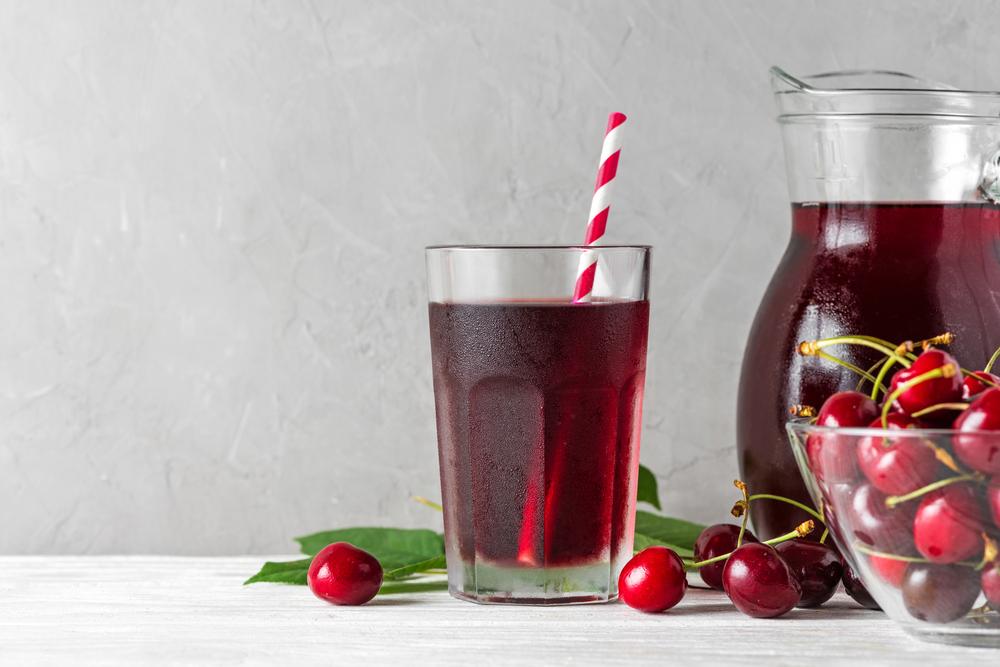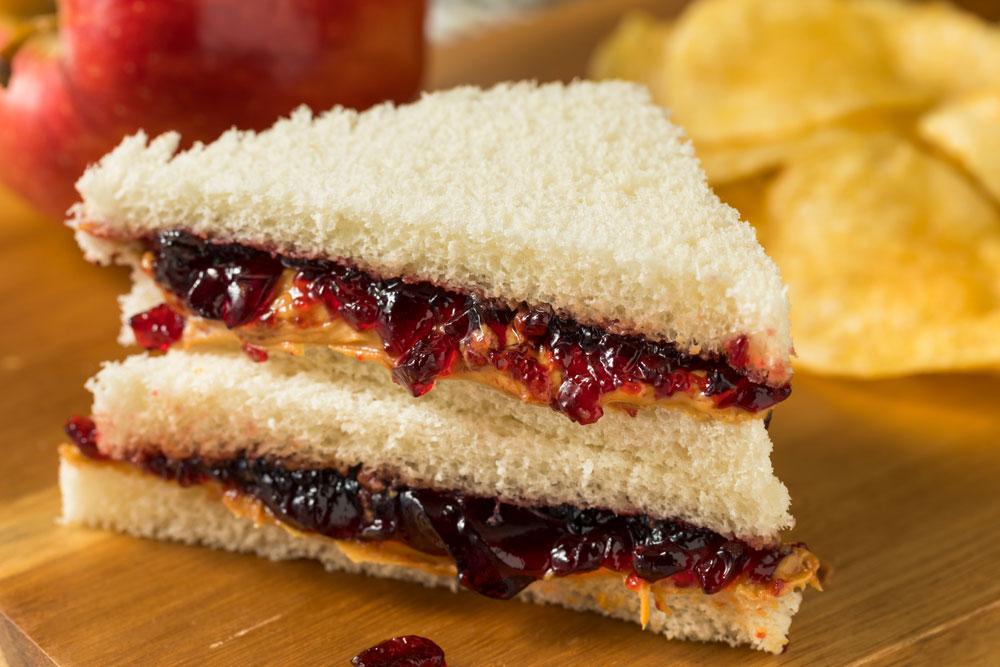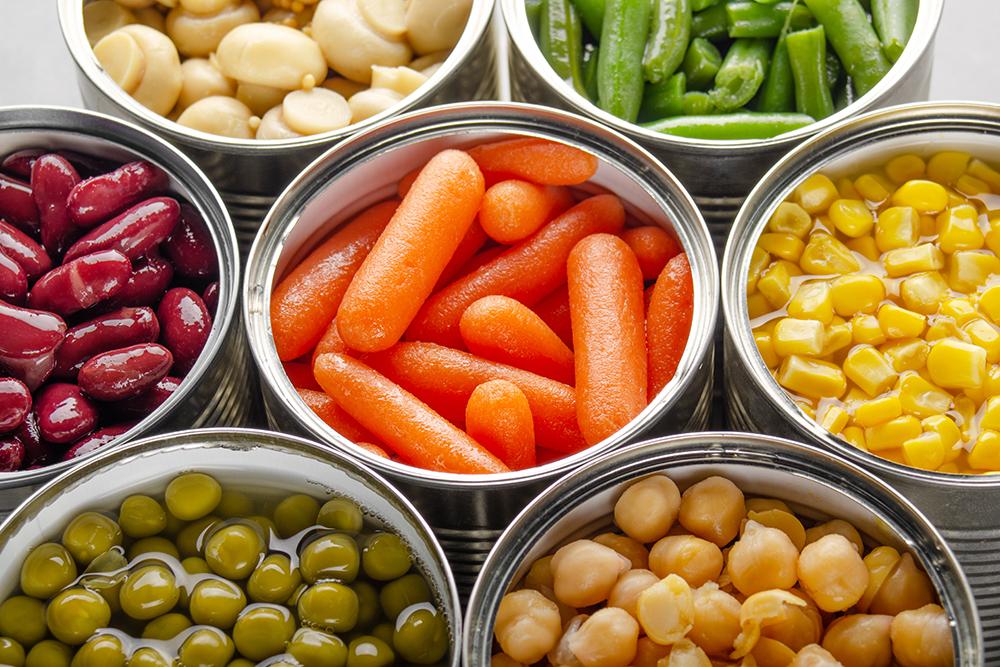 You may have heard of tart cherry juice as the latest and greatest miracle drink to improve your performance, your recovery, your sleep, and even your immunity. But can a juice really do all of that?
You may have heard of tart cherry juice as the latest and greatest miracle drink to improve your performance, your recovery, your sleep, and even your immunity. But can a juice really do all of that?
Here, TrueSport Expert Stephanie Miezin, MS, RD, CSSD, the Director of Nutrition for the NWSL team, KC Current, shares exactly what tart cherry juice might be helpful for—and what’s just hype.
What is tart cherry juice and why are people drinking it?
Like any supplement or food, there are many, many health claims made about what tart cherry might be able to do,” says Miezin. “From my experience, when something like this is delicious and sweet, it tends to catch on with people when they hear it may have health benefits as well.”
The top claims around tart cherry juice include that it makes you less sore post-exercise, it helps improve sleep quality, and it increases immune function. There is a good amount of compelling research around the post-exercise recovery and soreness claims.
However, the other claims have less research backing them. The sleep improvement claim is likely based on the fact that tart cherry contains melatonin, a sleep-inducing compound, while the immune-boosting claim is based on the fact that it’s rich in antioxidants, which can help support the immune system.
What are the benefits?
“We do have a good amount of research at this point that shows that cherry consumption—including tart cherry juice—will actually accelerate muscle recovery after hard training or exercise,” says Miezin. “So, you may recover a little bit faster, which means that you can get back to pushing hard in the gym or in a sprint workout.”
 But why does this happen? “What we’re seeing is that cherries in general are a great source of antioxidants,” explains Miezin. “The idea is that those antioxidants can essentially buffer against some of the oxidation or inflammation that’s happening with high intensity or really hard exercise. That buffering of the cherries basically can help you return to exercising at a higher intensity or more power faster.”
But why does this happen? “What we’re seeing is that cherries in general are a great source of antioxidants,” explains Miezin. “The idea is that those antioxidants can essentially buffer against some of the oxidation or inflammation that’s happening with high intensity or really hard exercise. That buffering of the cherries basically can help you return to exercising at a higher intensity or more power faster.”
Eating cherries may also be beneficial. “However, there hasn’t been as much research on cherries versus tart cherry juice,” explains Miezin. “We do know that sweet cherries are super high in antioxidants, very similar to tart cherries. So, there’s absolutely the possibility that sweet cherries or other types of cherry juices could be just as beneficial as tart cherries. There is also some evidence that blueberries might have similar effects with recovery. Really, we’re talking about high-antioxidant foods, specifically ones that contain anthocyanins. It’s likely that the high concentration of those types of antioxidants are creating the benefit here.”
How can you make the most of tart cherry juice?
If you are thinking about trying tart cherry juice, it won’t work instantly. The protocol Miezin suggests is drinking it daily either on its own or mixed into a smoothie. “The most important thing is taking it for several days before the day that you want it to work,” she says. “Those antioxidants need to ‘build up’ in the body so that they are available to help your muscles start recovering immediately following your hard competition or training session.”
“If you can’t get your hands on tart cherry juice or don’t like the taste, you can try to incorporate other high antioxidant rich foods into your diet, such as berries in general, or pomegranate, or even red cabbage.” The juice form tends to have the highest antioxidant concentration—otherwise, to reach the antioxidant concentration used in the research, you’d need to eat more than 100 cherries.
Are there any reasons to avoid tart cherry juice?
Juice has a ‘health halo,’ meaning that often, it has a perception of being extremely health-promoting. While cherry juice is indeed rich in beneficial antioxidants and other compounds, it can’t replace a diet rich in whole foods like fruits that also provide fiber, for example. “Sometimes we have to be careful to not think we can replace whole fruits and veggies with things like juices and powders and get the same nutritional benefits,” says Miezin.
There is one other caveat: Although research is still forthcoming, there is a potential for tart cherry juice to blunt muscle adaptations to training as it instead works to decrease muscle recovery time. “This juice may help make muscles recover faster, but depending on your goals, that may not be optimal,” says Miezin. “If you’re in competition season, recovering as quickly as possible is likely the priority. But in the off-season, muscle adaptations may be the priority, and in that case, tart cherry juice hasn’t shown to be helpful.” While the current evidence doesn’t support strict use or avoidance of tart cherry juice either in or out of a sport season, it is likely most beneficial in season when quicker recovery can be an advantage.
It is likely best to skip any supplements that claim to be powdered or pill forms of tart cherry juice, says Miezin. Stick to regular juices that you can find in the juice section at your grocery store, and check that they’re made from at least 80% and ideally 100% tart cherries to ensure you are getting an effective dose of cherries.
What’s the bottom line on tart cherry juice?
Ultimately, because tart cherry juice is a whole food-based product, it’s a safe option to try for an improvement in your sleep, immunity, and recovery compared to any supplements, pills, or powders you might find at a health food or sports supplement store.
“The nice part about tart cherry juice is that you could enjoy some performance benefits without turning to a supplement,” says Miezin. “If an athlete is trying to improve their recovery after hard exercise, this is a good option to try—especially if you enjoy it.”
But if you don’t like the taste, Miezin adds that there’s no need to force yourself to drink it. Instead, focus on eating and drinking other fruits and vegetables that are rich in antioxidants. “A balanced diet with lots of antioxidants via different colorful fruits and vegetables is always going to be the priority for performance and recovery,” she says. “Tart cherry juice might be able to help on top of that, but the juice doesn’t take the place of having a well-balanced diet otherwise.”
_________________________
Takeaway
Tart cherry juice may help improve your recovery after a hard workout thanks to its antioxidant concentration, but it’s not a necessary addition for most athletes. A balanced diet with plenty of fruits and vegetables will give you the antioxidants you need, but if you want to try including tart cherry juice in a smoothie or sip a glass with breakfast, it may help you feel less sore after your next challenging training session or competition.



